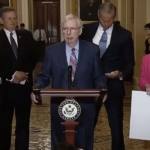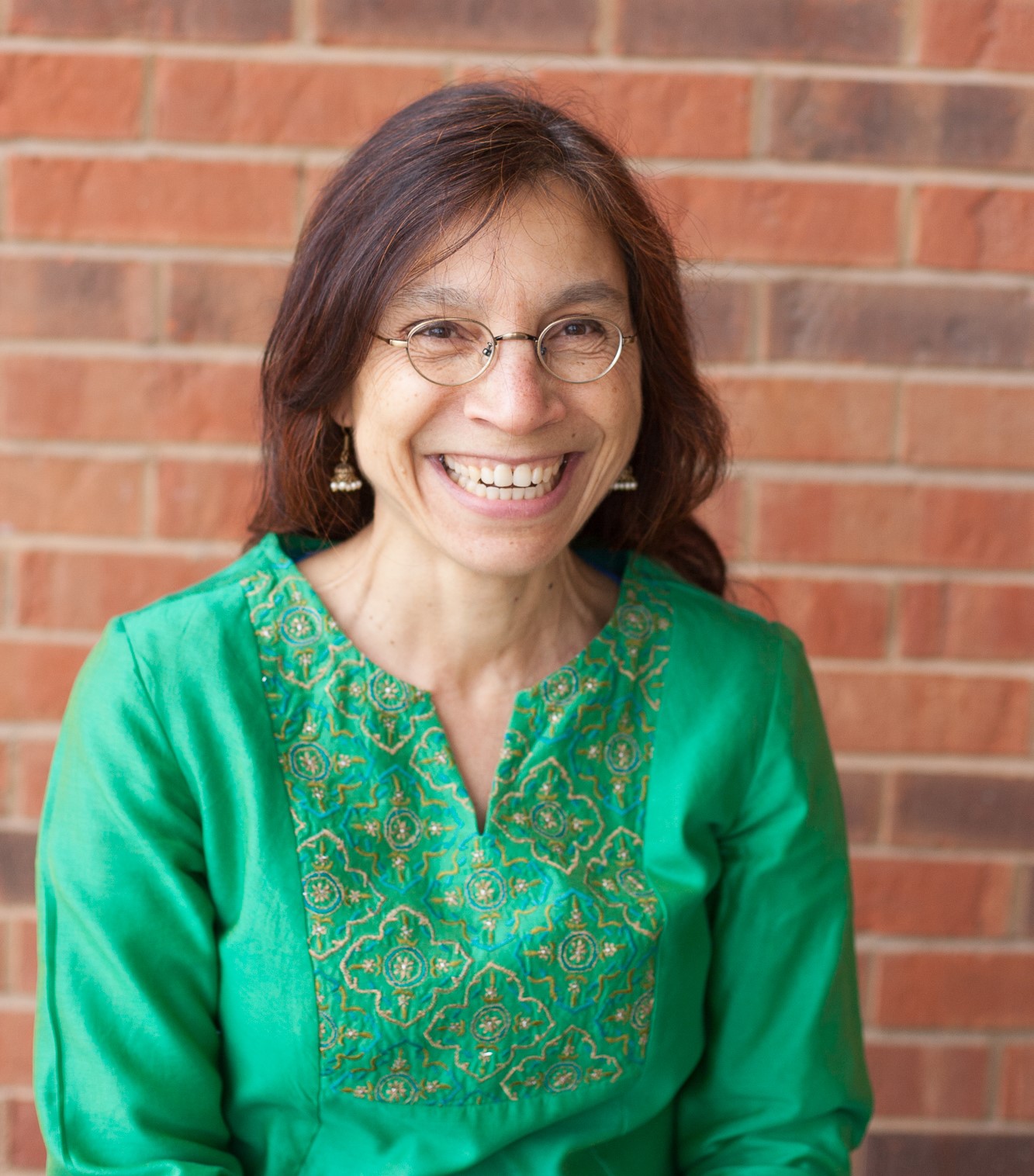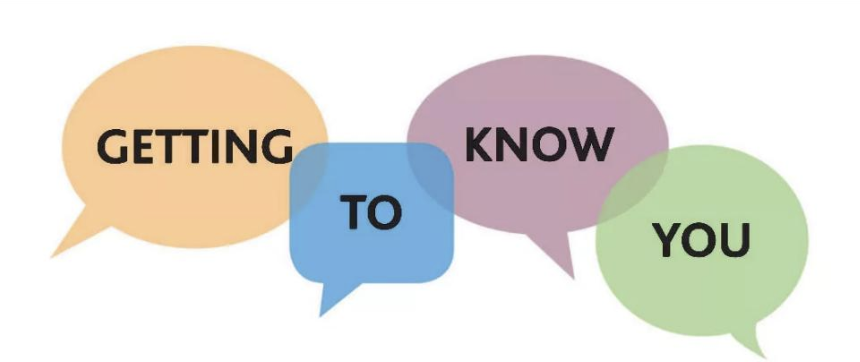Women’s History Month event informs students about racial violence and sexism
By: DALILA KAHVEDZIC
Art & Life Editor
The Women’s History Committee has focused March events on social justice and a pro-woman message that is designed to celebrate the accomplishments of women. Events also focus on feminism and women’s constant struggle for equality and recognition, Emily Neal, political science professor and chair of the Women’s History Month Committee at Meramec said.
“Women’s History Month for me is about recognizing the contributions that feminism has made to women everywhere today and all the things we enjoy because of the activism of our predecessors, but it’s also about celebrating what contemporary scholars are doing and the various realities of women’s lives,” said Neal.
Meramec sponsors a speaker series and book club discussions surrounding empowering feminism during March.
“We celebrate the accomplishments of white men year-round, and it’s important in a society that consistently celebrates the accomplishments of men, and particularly white men, to take a moment and recognize that women, people of color, gay people and other traditionally marginalized groups have not only benefited from some of the great things that we have here in this country but they’ve also developed that, contributed to it, or offered it themselves; so without looking at Women’s History Month or Black History Month you don’t understand history,” Neal said.
It is not too much to ask that for one month out of every year we really focus on the accomplishments of women, Neal said.
Women’s History Month at Meramec is connected with the Racial Justice Movement because women of color play such a prominent role in the feminist movement, Neal said.
“Our focus this month is kind of on racial justice and ways that feminist women of color have contributed to that,” Neal said.
The Women’s History Month committee at Meramec has five events organized for Women’s History Month, two of which have had guest speakers.
“Part of the benefit of being at a wonderful public institution like St. Louis Community College is that we create a lot of different environments that are conducive to learning and to expanding your mind, and a lot of the learning that goes on at college doesn’t necessarily happen in the classroom,” Neal said.
Students should join student clubs and get involved in organizations so they can learn a little bit more about who they are as members of a community and with some of these really first-rate academic speakers and events because participation offers a chance to educate the public, Neal said.
“Historically, two women who really influenced where I am and where all women are today I think, and just are really amazing American women, I would say Ida B. Wells and Susan B. Anthony,” Neal said.
Ida B. Wells pushed the role for women and was politically active at a time that wasn’t really expected for women, Neal said.
“Women weren’t allowed to vote, let alone to really engage too much in civic life, but it should be noted that Ida B. Wells was using her platform to talk about racial justice and equality and she really pushed to end the practice of lynching,” Neal said. “To me, that’s amazing. Here’s a person who saw the intersecting relationship between sex and race and how that was affecting our life and she needed to do something about it.”
Susan B. Anthony was not only one of the most prominent first-wave feminists, but she was also heavily involved in abolition, Neal said.
“In fact, she pushed very hard for abolition and racial justice as well as women’s rights,” Neal said.
Ida B. Wells and Susan B. Anthony were respected both within the racial justice movement and the women’s rights movements so they are incredible figures, Neal said.
Rosa Parks and Daisy Bates were also important historical women to her for the racial movement and women’s rights, she said.
Author of “Civil Rights and the Making of the Modern American State,” Dr. Megan Ming Francis spoke about racial inequality to guests of the Meramec community March 2.
“This is one of my favorite times of the year because it acknowledges the very hard work of people that paved the way for me to be standing in front of you today,” Francis said.
Martin Luther King, Rosa Parks and non-violent demonstrators are the heroes and the heroines of the civil rights story, Francis said.
“I believe the work of Black History Month and also the work of Women’s History Month is to rectify the erasures of important moments in our history, especially the contributions of black women,” Francis said.
The fragile image of a post-racial America was shaken with the killing of Michael Brown and Eric Garner by members of the Ferguson and New York City police departments, and then brought to its knees with two Grand Jury decisions to not indict, Francis said.
Discrepancy in the seen or unseen racism in the murders of Brown and Eric Garner showed how people make sense of injustices that break down along racial and gender lines, Francis said.
“What does progress look like? Can there be racism without racists? Can there be sexism without sexist? And most importantly in my opinion, what does equality mean today? If it just means a removing of the signs and laws and the bannings, the norms of racist and sexist speech then we have certainly overcome to a large degree. But if it means more, and I think it does, then I think that there is still a lot of work to be done,” Francis said.
Great change can come from a few small steps taken by courageous yet ordinary people, Francis said. “Sometimes to do anything great it’s important that we step out alone,” she said. “There is no perfect time and waiting is not an option.”











